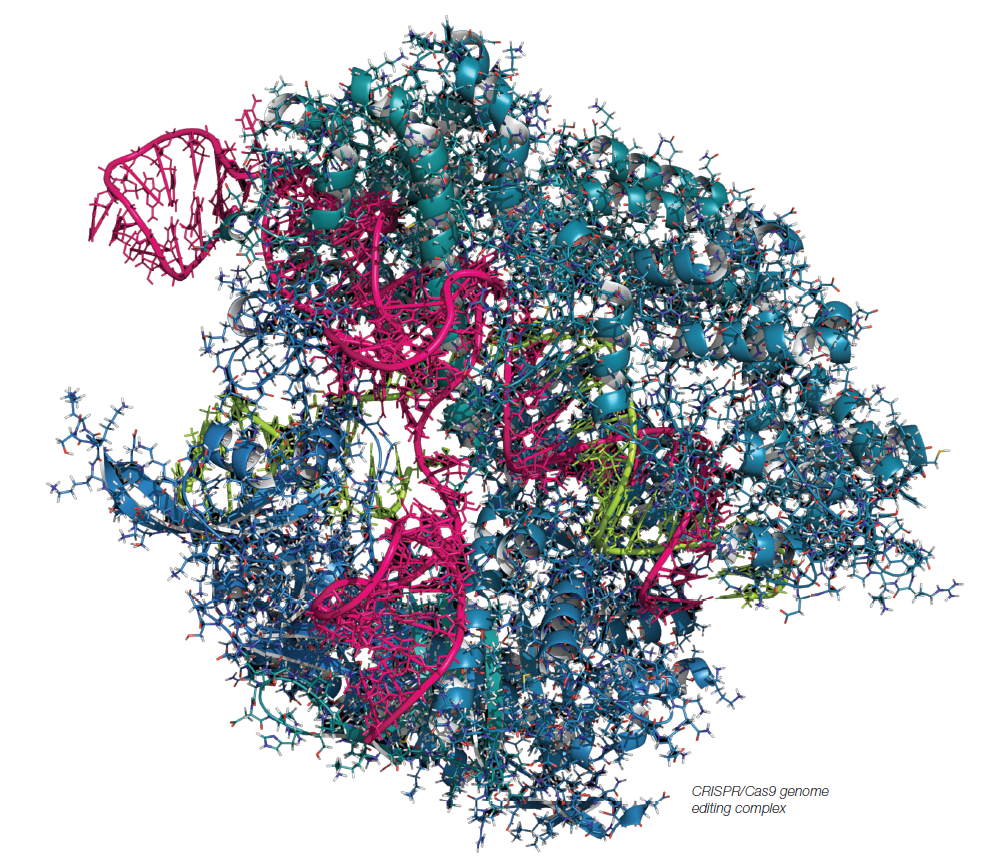
Interleukin-17 (IL-17) is a family of 6 closely related cytokines, designated IL-17A-F, that play a central role in mediating inflammation, autoimmunity, and host defense. IL-17 is mainly secreted by a specific subset of T helper cells known as TH17 cells (for an overview see Fig 1). The IL-17 cytokines mediate their biological functions via surface receptors on target cells. IL-17A binds to IL-17 receptor A (IL-17RA), which stimulates the production of other pro-inflammatory cytokines including IL-6 and IL-8. IL-17A and its receptor play a pathogenic role in many inflammatory and autoimmune diseases such as rheumatoid arthritis. IL-17 signaling is also involved in mucosal immunity and host defense against extracellular bacterial and fungal infections (Staph, Candida, Pneumonia, etc.).
A target for immunotherapies
The IL-17A pathway is a key target for immunotherapies. The first therapeutic antibody that inhibits IL-17A signaling was approved by the US Food and Drug Administration (FDA) and the European Medicines Agency (EMA) for the treatment of psoriasis in 2015. Numerous pharmaceutical and biotech companies are developing biologics that target this pathway – for example, Amgen’s IL-17 receptor-specific antibody, brodalumab and Eli Lilly’s IL-17A-specific monoclonal, ixekizumab. In addition to psoriasis, IL-17 signaling is important in many other autoimmune and inflammatory diseases, including psoriatic and rheumatoid arthritis, Crohn’s disease, multiple sclerosis, and ankylosing spondylitis.
Versatile tools to screen for inhibitors of IL-17RA:IL-17A binding

Besides the screening kit, BPS Biosciences also offers IL-17A and IL-17RA proteins and the the neutralizing (inhibiting) IL-17 antibody.
Interested in the IL-17RA:IL-17A Inhibitor Screening Assay Kit? Please get in touch with the form below.
 Interested in learning more about tools like this?
Interested in learning more about tools like this?Subscribe to thematic newsletters on your favourite research topics.



